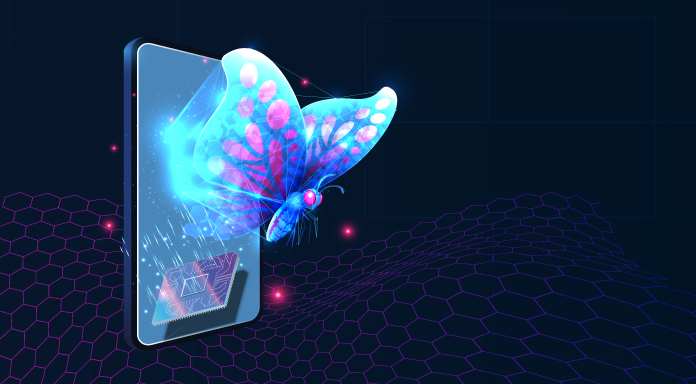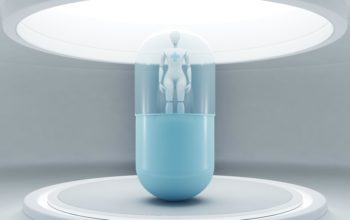
Date: 19th May 2021
Cardea Bio have announced they are to partner with Scentian Bio to harness the power of insect odorant receptors (iORs) with graphene-based biology-gated transistors, producing the world’s first ‘bio-electronic tongue/nose’.
Cardea Bio, based in San Diego, US, are transforming diagnostics with their revolutionary devices integrating molecular biology with semiconductor electronics. In the last two months they have announced the latest evolutions of their original ground breaking CRISPR-Chip device (that detects large nucleic acid genomic insertions and deletions), the SNP-Chip and EV-Chip. The SNP-Chip capable of detecting single nucleotide polymorphisms, is based on CRISPR tech tethered to electronic graphene field‐effect transistors, and EV-Chip can detect and quantify exosome biomarkers from liquid biopsies using highly-specific antibodies embedded into a Cardean Transistor chip.
Now, Cardea Bio have announced a partnership with Scentian Bio, based in New Zealand, who are experts in synthetic insect odorant receptors (iORs), and are harnessing these powerful smell receptors to interpret the chemical language produced by living organisms, the environment, and industries to create relevant, actionable insights.
Dr. Andrew Králíček, Chief Technology Officer at Scentian Bio, hopes the partnership will see the combination of Cardea’s technology with their insect odorant receptors enabling them to translate the language of chemical compounds into digital signals to analyse food components, detect airborne and liquid-based toxins, and diagnose disease in almost real-time, and on a massive scale.
All living things produce volatile organic compounds, (VOCs) that are created in unique combinations, and are biochemical signals or biomarkers. VOCs are released through bodily fluids such as breath, blood, skin, urine and faecal samples, and are also released by plants. They can indicate metabolic changes caused by a range of conditions, such as cancer, inflammation and disease, and these VOCs can be read by Scentian’s platform. The platform will house 40-50 synthetic receptors and will be able to detect thousands of signals, rapidly and in a hand-held device.
Applications will included the expansions of broader food quality testing, as well as animal and human disease diagnostics. In the future they envisage the platform will bypass complex chemical assays, and will be able to detect the presence of disease based on distinct VOC profile on a patient’s breath.
Once again, this Cardean partnership is highlighting the power that harnessing and bridging biological and digital networks is set to achieve, accelerating an exciting new generation of products, and creating novel technologies for use in medical, food and industrial settings.
For more information please see the press release from Cardea Bio at Business Wire

